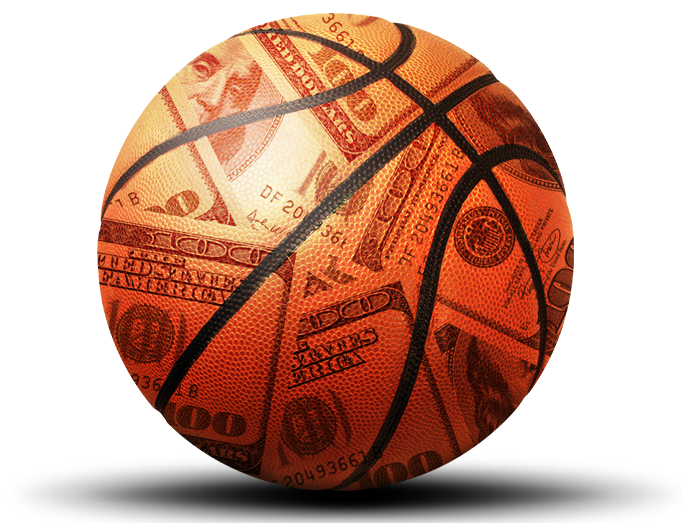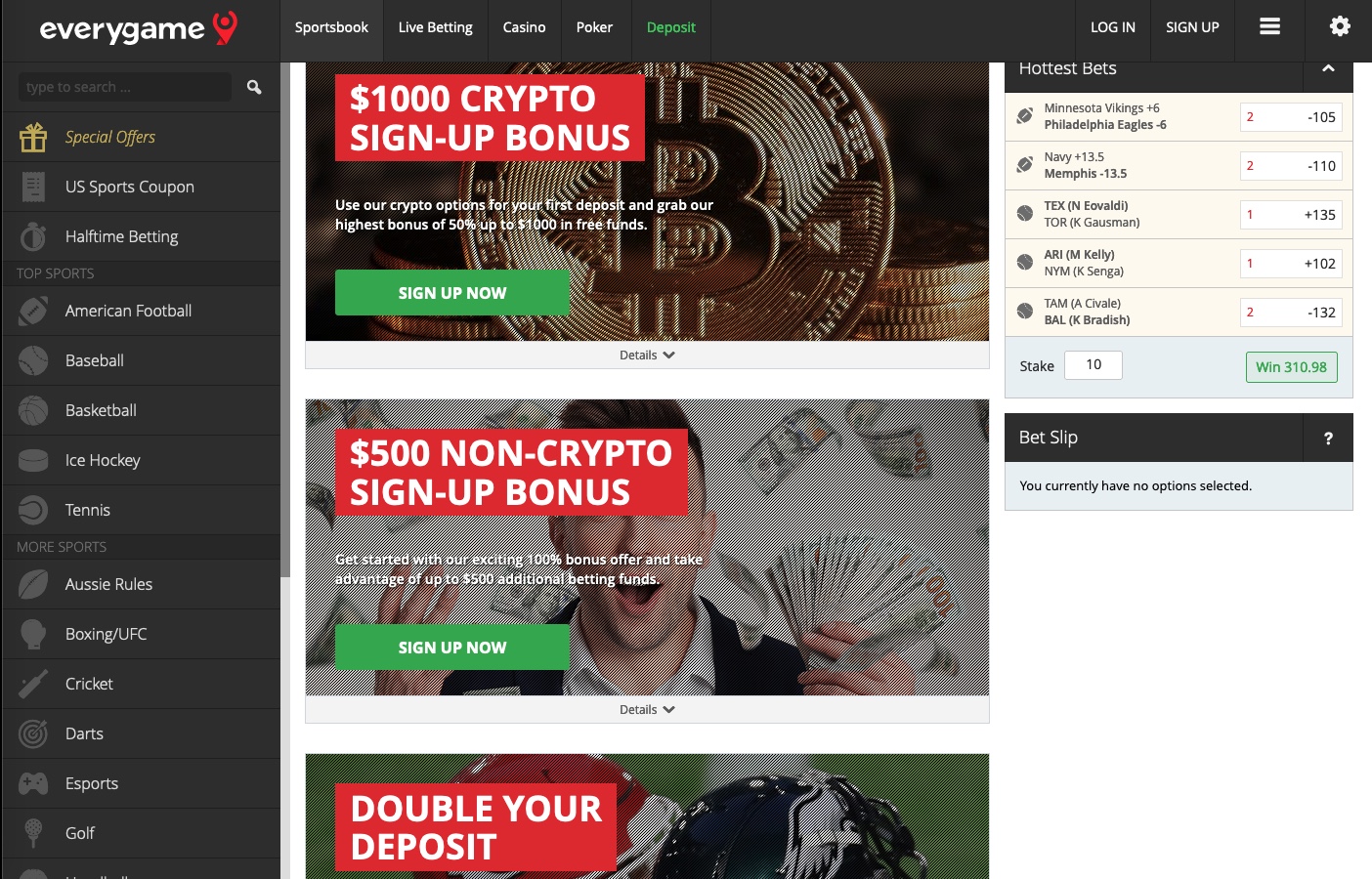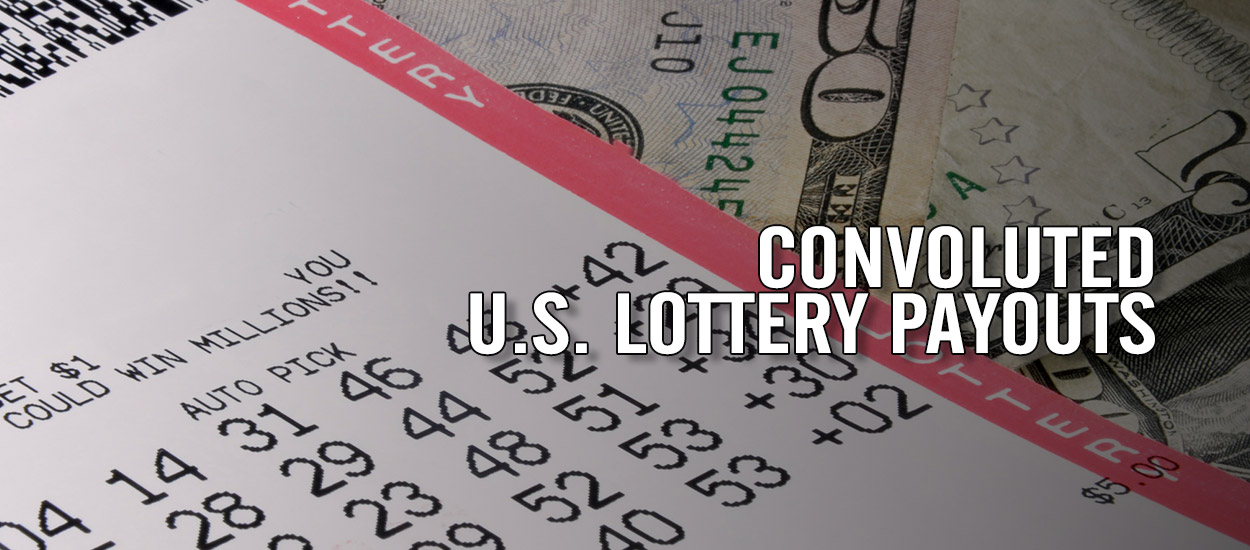If sports betting goes nationwide, what does the NBA do about tanking?
Much recent publicity has gone to NBA Commissioner Adam Silver for his aggressive stance backing the potential repeal of PASPA (the Professional and Amateur Sports Protection Act). He was initially seen as a hero and creating a very positive move toward supporting sports bettors anxious to have the U.S. Supreme Court revoke the 1992 law within Christie v. the NCAA.
However, recently he has come under more scrutiny and divided opinion.
Silver has appointed an NBA official, assistant Dan Spillane to lead the way explaining the NBA's position in requesting a 1% "integrity fee" for every legal wager placed in every U.S. state, should the Supreme Court grant legalized wagering outside of Nevada. Their justification mainly is inherent in their belief they are providing entertainment and product for the U.S. public to wager upon and thusly there is a cost to protect the honesty and credibility of the public's investment.
The American Gaming Association and their President, Geoff Freeman praised the NBA for their support to regulate sports wagering, but criticized the integrity fee suggestion. Going further, Nevada sportsbook operators easily put it into numbers why this was a very misguided idea and outlandish concept as written for the NBA to demand.
The 1% Math
The state of Nevada accounts for an estimated 3% of the U.S. market for sports wagering, or legalized sports wagering. The large majority is appointed toward offshore sportsbooks with preferred offshore sportsbooks like Bovada, BetOnline, Diamond Sports and Heritage dominating. Street bookmakers cover the remaining balance.
In 2016 for example, the Nevada sportsbooks accounted for a $4.5B handle. A 1% fee levied by all sports leagues would result in an estimated $45M total. Of that amount, the Nevada books won $209M, approximately 5% of the handle. Under this proposed plan, that would mean in this example that the NBA (or combining with other U.S. sports leagues) would take almost 21% of their revenue!!
 The most important economic law of this proposed concept is to remember this is gambling, not retailing. Whether win or lose, the NBA will get paid and under this plan be awarded the largest slice of the pie. When asked whether the NBA would consider tying the royalty to an operator's sports gaming revenue instead of its overall handle, Silver responded that the league would be open to holding negotiations in order to come up with a mechanism for achieving a "fair result."
The most important economic law of this proposed concept is to remember this is gambling, not retailing. Whether win or lose, the NBA will get paid and under this plan be awarded the largest slice of the pie. When asked whether the NBA would consider tying the royalty to an operator's sports gaming revenue instead of its overall handle, Silver responded that the league would be open to holding negotiations in order to come up with a mechanism for achieving a "fair result."
Two things to take from that statement. First, expect Silver and the NBA to be negotiable to dropping the 1% figure to work with the casinos, corporations and new businesses that potentially will be offering legalized wagering pending the Supreme Court ruling. Secondly, watch for the term "royalty fee" to replace integrity fee in the vernacular for these types of upcoming discussions. For not only the NBA but other U.S. sports leagues as well. Certainly, for legal purposes it offers a much better sounding term plus a wider-ranging tax solution.
No Integrity or Royalty Refunds
Commissioner Silver is quite a busy man these days and, in the sports headlines, seemingly daily. This week another major issue pushed aside integrity fee discussion.
During recent successful NBA collective bargaining agreement negotiations, the sides tabled discussions about the age-limit rule, which prevents players under age 19 from entering the draft. But Silver said both sides agree the rule should be changed, making it likely the era of the term "one-and-done" college players coming to an end.
Silver said the NBA believes the age limit should be raised to 20, which would force players to spend at least two seasons in college. The union pushed for the limit to be lowered to 18, allowing players to enter the draft straight out of high school, a practice the league ended with the introduction of the age restriction in 2006. Either way, we're likely going to see a change very soon with of course, the motivation being the best revenue enhancing option.
As for "integrity", no one has forgotten it has been only 10 years since the NBA tried to repair its own wagering scandal, when league referee Tim Donaghy was convicted by the FBI for wagering on the games and being involved in point shaving. Today, we have state of the art software and a broadband scope on Internet wagering to help detect suspicions wagering patterns and unusual betting activity. Quite ironically, the catalyst for this technology has been what is known as the illegal offshore wagering market in the U.S., but legal in Europe and throughout several other countries.
Corruption and illegal activity within sports and sports wagering is not infallible. Even with a successful appeal for PASPA and the dawn of legal wagering throughout the U.S., I cannot envision an integrity refund. Again, these would be better known as a royalty fees for the U.S. leagues delivering content for sports wagering purposes.
March Draft Tanking Worries
It seems each NBA season yields an earlier date that as many as ten teams give up their playoff hopes and start positioning for the best draft choice possible. That sparks a huge concern now when you're a partner in the point spread (or total) business. For that means players are not potentially giving 100% (a.k.a. tanking) and could draw a major suspicion toward a wagering bias.
 Even more under microscope will be NBA head coaches, who manipulate their line-up throughout each game. Surprise non-starters will be called into question receiving rest for the playoffs along with players pulled at times when games are seemingly out of reach. That is in comparison to a game in December, for example. All kinds of trouble await the NBA, perhaps more so than the NHL, MLB and even the NFL with the birth of full legalized sports betting for the U.S.
Even more under microscope will be NBA head coaches, who manipulate their line-up throughout each game. Surprise non-starters will be called into question receiving rest for the playoffs along with players pulled at times when games are seemingly out of reach. That is in comparison to a game in December, for example. All kinds of trouble await the NBA, perhaps more so than the NHL, MLB and even the NFL with the birth of full legalized sports betting for the U.S.
The final game of the NBA 2016-2017 season was a perfect example. To insure they'd receive the best draft lottery position, the Brooklyn Nets did not play any traditional starter against the Chicago Bulls in their final game on April 12th, 2017. Unannounced, the Nets instead inserted every bench player throughout and were crushed 112-73 as +10 underdogs. The Bulls needed the win as the eighth and final seed, eliminating the Miami Heat that night. There was great controversy back then. Flash forward to a future NBA full U.S. legalized wagering scenario and there will be screaming chaos. Something would have to be done to inform the public or at least enough disclosure to alert bettors, like the NFL does with a weekly injury report.
When the commissioner and union are done debating the minimum age clause they would be wise putting together a complicated new plan for the NBA draft. Something to insure way ahead of April that no team could potentially play less than their best efforts to manipulate either their playoff or draft seeding. Hence, tank their games or destroy the integrity of the game. That would also eliminate some worries of suspicious bettors that their "integrity or royalty fees" were well invested and put to good use. Time to look at bettor ping pong ball technology.
Glenn Greene covers the games from a betting angle every week exclusively at OSGA.com. For weekly betting insights, inlcuding previews and picks from Glenn, click here.







































